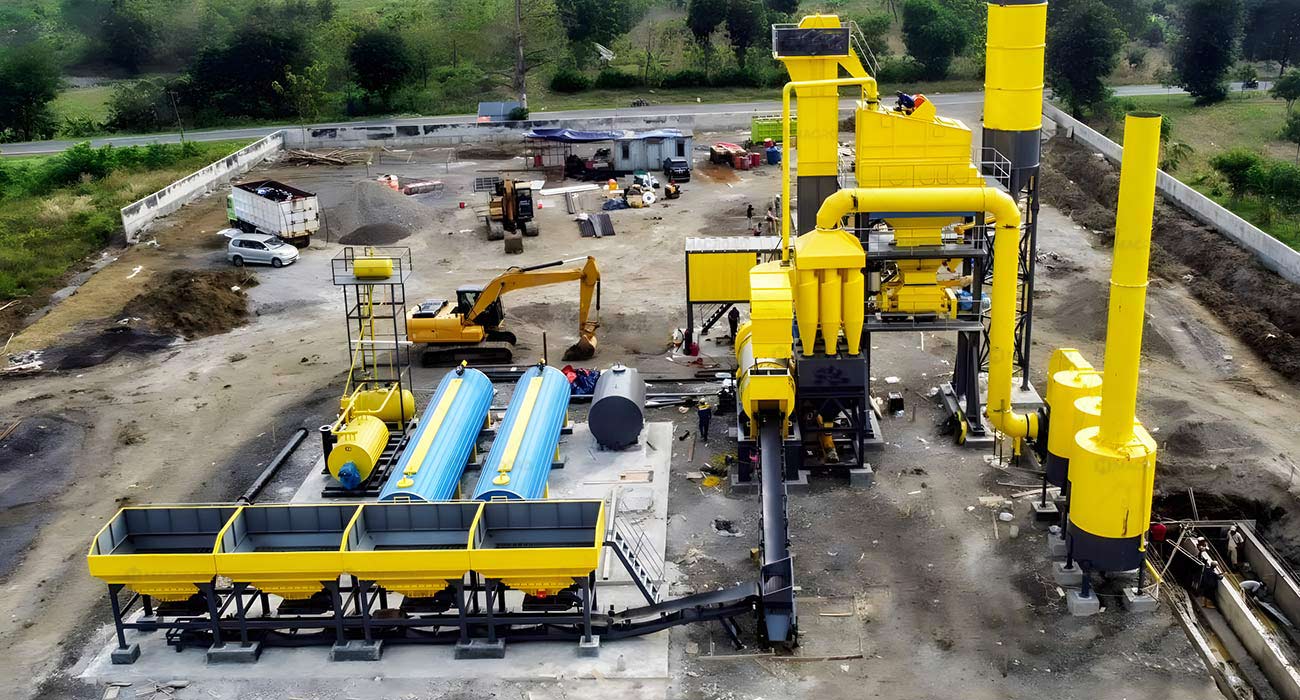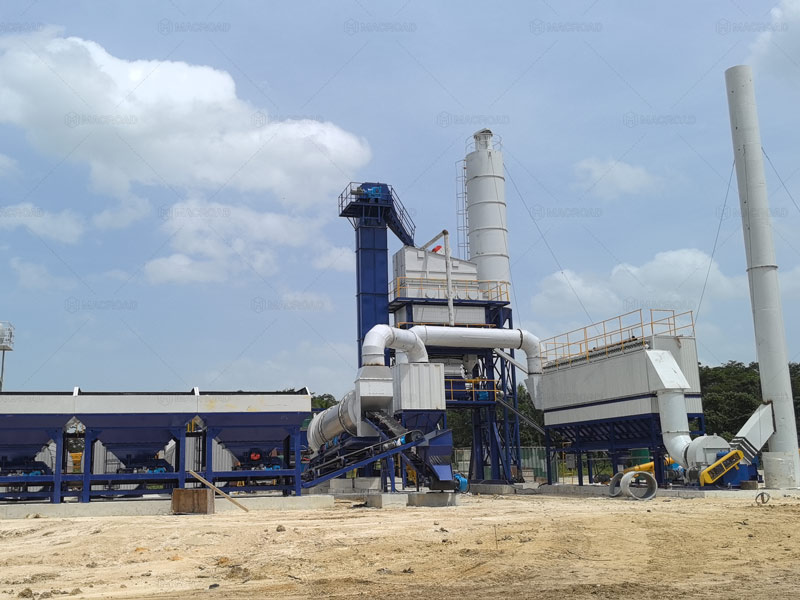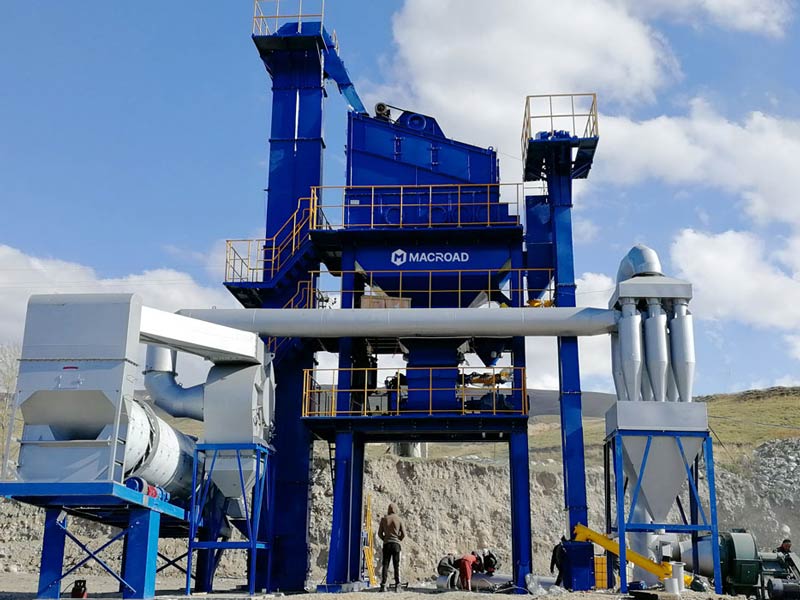The connection between asphalt mixing plants and asphalt distributors plays a crucial role in reducing construction costs for customers. By optimizing this relationship, construction teams can benefit from improved efficiency, reduced material waste, and streamlined logistics. This article explores how customers can leverage the synergy between asphalt mixing plants and distributors to achieve significant cost savings while enhancing project quality.

Optimizing Material Efficiency
One of the primary ways customers can reduce construction costs is through the optimization of material efficiency. When asphalt mixing plants and distributors work closely together, they can ensure that the right quantities of asphalt are produced and delivered based on project requirements. This close coordination minimizes the risk of overproduction or underproduction, both of which can lead to unnecessary expenses.
For instance, an asphalt plant supplier like Macroad can provide valuable insights into the specific needs of a project. By sharing information about project timelines and material specifications, the mixing plant can adjust its production schedules accordingly. This alignment ensures that asphalt is produced just in time for delivery, reducing storage costs and material spoilage.
Moreover, efficient communication between the asphalt mixing plant and the distributor allows for better forecasting of material needs. When customers engage distributors who are well-integrated with mixing plants, they can expect timely deliveries that match their project schedules. This synchronization helps prevent delays and associated costs, ultimately leading to more efficient use of resources.

Streamlining Logistics and Transportation
Another significant aspect of reducing construction costs lies in streamlining logistics and transportation. The linkage between asphalt mixing plants and distributors can lead to more effective transportation strategies, which can significantly lower costs. By coordinating delivery schedules and routes, customers can minimize transportation expenses and reduce the carbon footprint associated with logistics.
For example, if a customer uses a mobile asphalt mixing plant, it can be strategically located closer to the project site. This proximity reduces the distance that asphalt needs to be transported, leading to lower fuel costs and faster delivery times. When distributors are aware of the location of the mixing plant, they can plan efficient routes that further reduce transportation costs.
Additionally, working with an asphalt distributor who understands the logistics of asphalt delivery can enhance efficiency. Distributors can consolidate shipments for multiple projects, allowing for bulk delivery and cost savings. This collaboration not only reduces costs but also ensures that projects are supplied with the necessary materials without delay.

Enhancing Product Quality and Consistency
The collaboration between asphalt mixing plants and distributors also plays a vital role in enhancing product quality and consistency, which can lead to long-term cost savings. When asphalt is produced and delivered in a well-coordinated manner, it ensures that the material meets the required specifications and quality standards. This consistency reduces the likelihood of rework and repairs, which can be costly for construction projects.
Asphalt distributors can provide feedback to mixing plants about the performance of their products in real-world applications. This information allows mixing plants to make necessary adjustments to their production processes, leading to better quality asphalt. For instance, whether what types of asphalt plants, quality improvements can significantly impact the durability and lifespan of the roads and surfaces constructed.
Moreover, when customers work closely with both asphalt mixing plants and distributors, they can ensure that the materials used are suitable for specific environmental conditions. This tailored approach not only enhances performance but also reduces maintenance costs over time, further contributing to overall project savings.
Conclusion
The linkage between asphalt mixing plants and asphalt distributors offers substantial opportunities for customers to reduce construction costs. By optimizing material efficiency, streamlining logistics, and enhancing product quality, customers can achieve significant savings while delivering high-quality projects. Engaging with reliable distributors and flexible asphalt plants ensures that construction teams can operate efficiently and effectively, ultimately leading to a more sustainable and cost-effective construction process. Embracing these strategies will empower customers to navigate the complexities of modern construction while maximizing their resources. If you are interested in the above information and want to be a distributor, please contact us. We welcome partners from all over the world to actively expand our sales channels.